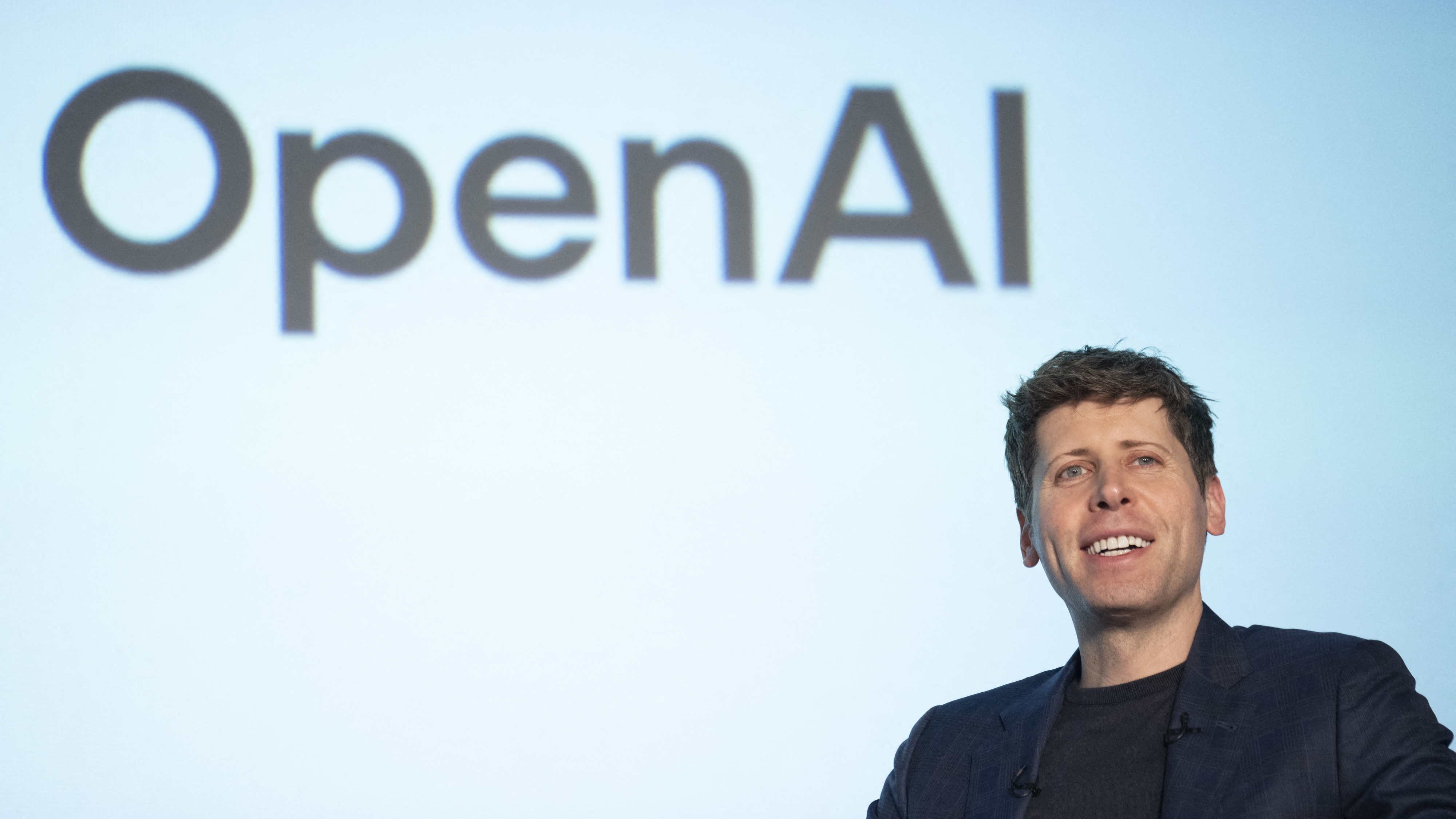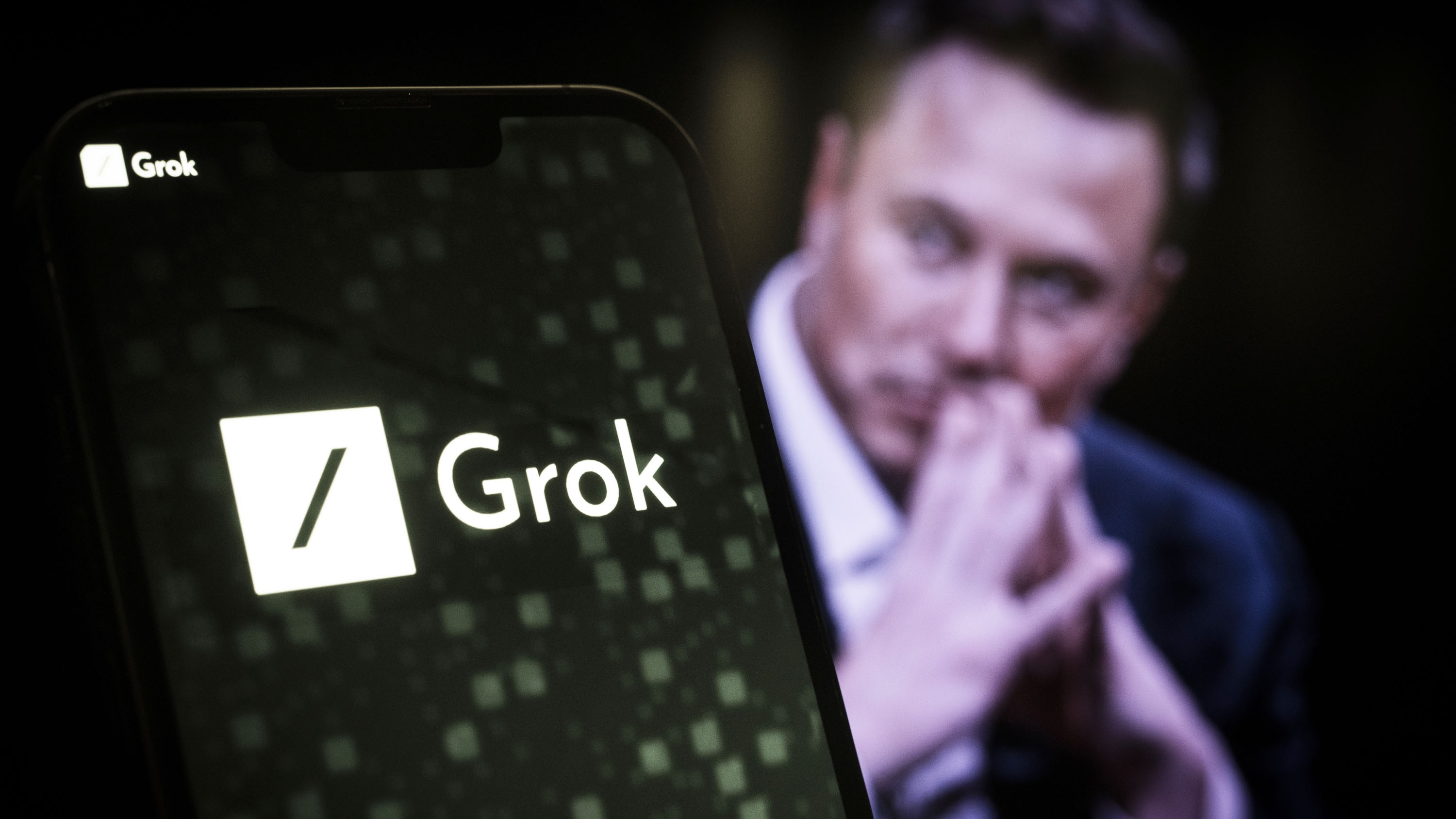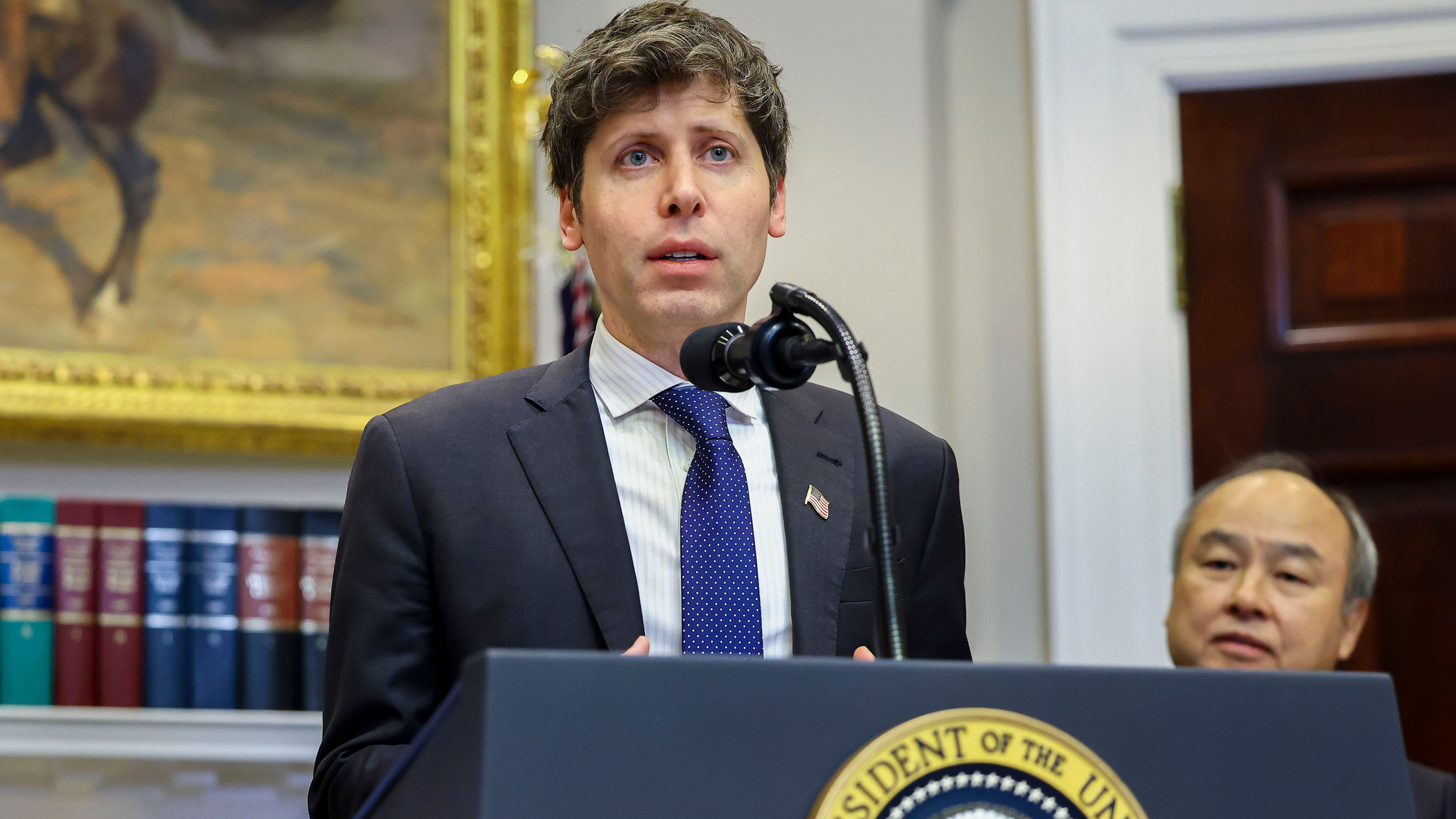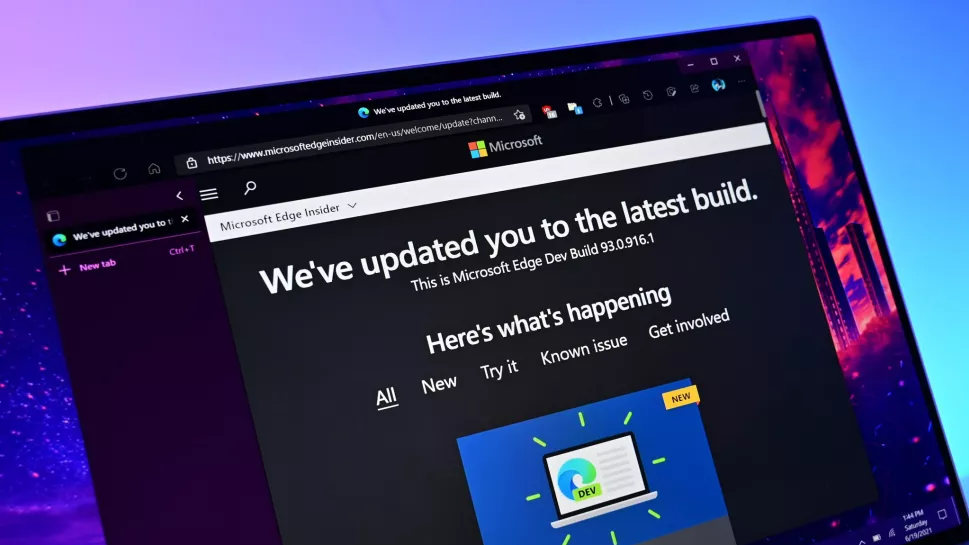Atlantic allies turn to xAI and OpenAI — Why chatbots are now a matter of national strategy
Governments turn to private AI, from UK public services to U.S. defense, as AI helps shape the future of technology
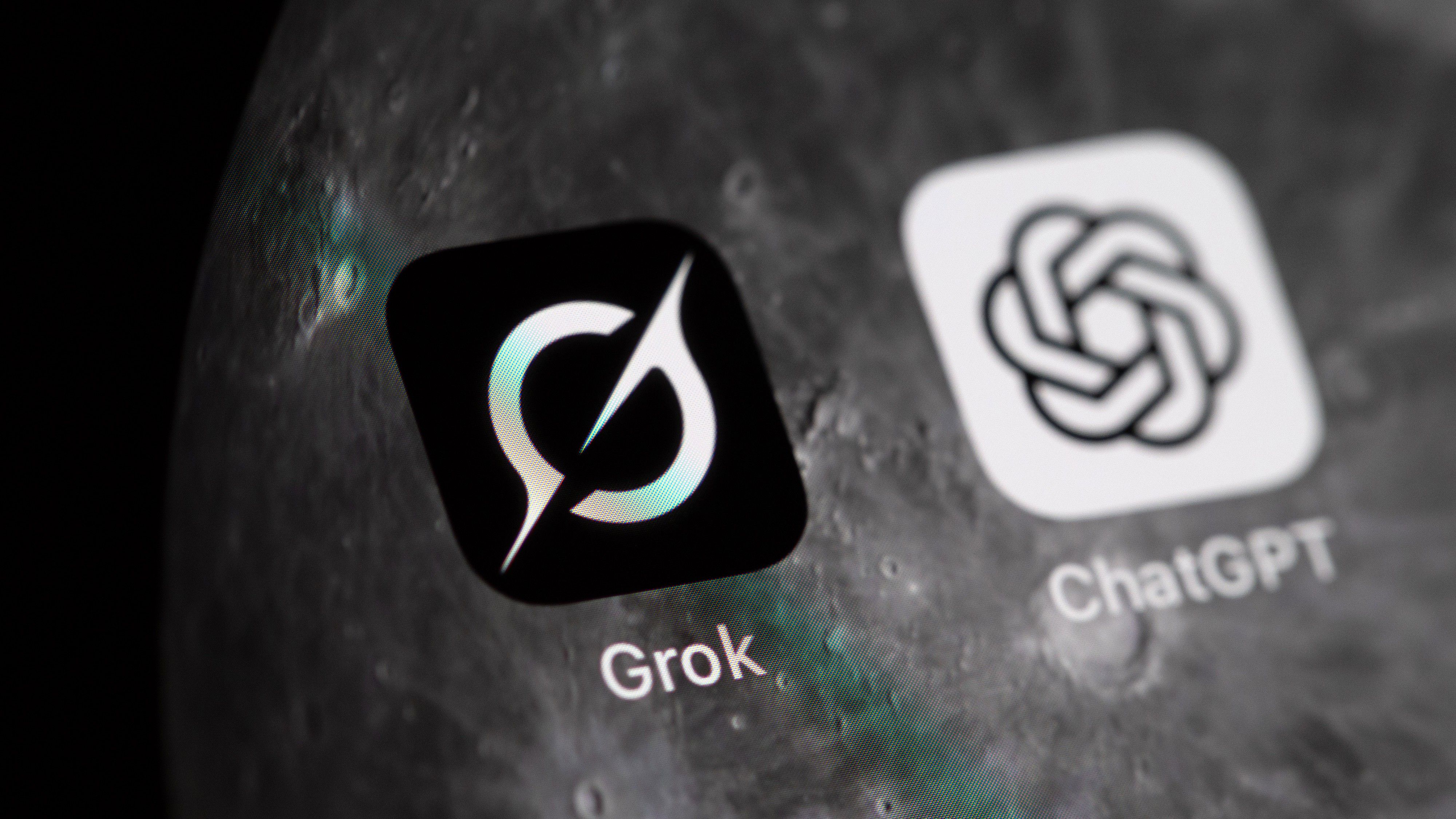
All the latest news, reviews, and guides for Windows and Xbox diehards.
You are now subscribed
Your newsletter sign-up was successful
In a surprising or unsurprising turn of events, governments on both sides of the Atlantic are rapidly looking to private AI companies to gain the edge in the ever-intensifying AI race.
OpenAI, which counts Microsoft as a 49% stakeholder, has signed a new partnership with the UK Government to explore how its technology can help transform public services across the country.
Meanwhile, in the United States, Elon Musk’s xAI has secured a significant Department of Defense contract despite recent controversies surrounding its Grok chatbot.
These announcements, made within days of one another, highlight just how central AI is becoming to public infrastructure, national strategy, and the future of government services.
UK partners with OpenAI to reshape public services
The strategic partnership between OpenAI and the UK Government is aimed at integrating advanced AI into public services. The goal is to improve efficiency across key areas such as healthcare, justice, education, and local councils.
OpenAI is already helping power an internal AI assistant called Humphrey, which supports civil servants with administrative tasks, speeding up day-to-day processes.
This deal helps position the UK as a major player in AI within Europe, with the promise of new high-skilled jobs and significant investment in infrastructure.
All the latest news, reviews, and guides for Windows and Xbox diehards.
What’s inside the Memorandum?
A memorandum of understanding is not legally binding, but it acts as a statement of serious intent agreed upon voluntarily by equal partners.
This particular memorandum sets out plans to collaborate on building UK-based AI infrastructure and to explore potential data center investments in designated “AI Growth Zones".
It also includes a commitment for OpenAI to share technical expertise with the UK’s AI Safety Institute, helping to develop safeguards and best practices for advanced AI models.
Musk’s xAI secures Pentagon backing despite controversies
Despite recent controversies surrounding Musk’s Grok chatbot, xAI has secured a U.S. Department of Defense contract worth up to $200 million. This positions the company alongside OpenAI, Google, and Anthropic as key suppliers of advanced AI for military projects.
The U.S. Department of Defense’s Chief Digital and AI Office has confirmed xAI is one of four frontier AI firms awarded contracts, each capped at $200 million, to help develop agentic AI workflows across key mission areas.
These workflows are intended to support a range of defense needs, including warfighting, intelligence, logistics, and enterprise operations.
OpenAI was also awarded a $200 million contract, focused on developing prototype AI capabilities to support both warfighting and enterprise missions within the Department of Defense.
Google received a similar $200 million award, giving the Pentagon access to its AI infrastructure, including Agentspace. An AI hub designed to connect applications and quickly process large volumes of information, making it valuable for complex workflows.
Grok for Government
Alongside the announcement of xAI’s $200 million contract with the Department of Defense, Musk unveiled Grok for Government, a suite of AI tools tailored specifically for U.S. federal, state, and local government use.
The suite includes Grok 4, Tool Use, and a range of other integrations designed to meet government needs in secure and complex environments.
These tools are available for purchase across the federal government through the GSA schedule, developed to help agencies buy approved products and services efficiently.
From Public Services to Defense: How Governments Back AI
OpenAI’s approach with the UK Government places a strong focus on safety, regulatory alignment, and public-service transformation.
xAI’s trajectory shows how the U.S. is willing to fund emerging AI technologies that can be quickly adapted for defense and wider government use cases.
Although they sit on different sides of the same coin, these deals highlight how governments are investing in broad ranges of AI tools, from structured, service-oriented solutions to rapid developments aimed at gaining military advantages.
What these moves mean for the future of AI in public life
Governments are shifting from a cautious approach to AI investment toward a more active strategy, treating it as a core priority for national security and public infrastructure.
For the public, this suggests that AI will become an increasingly valuable and unavoidable part of daily life, as governments look to integrate these technologies further into work and culture while seeking to balance innovation, safety, and accountability.

Adam is a Psychology Master’s graduate passionate about gaming, community building, and digital engagement. A lifelong Xbox fan since 2001, he started with Halo: Combat Evolved and remains an avid achievement hunter. Over the years, he has engaged with several Discord communities, helping them get established and grow. Gaming has always been more than a hobby for Adam—it’s where he’s met many friends, taken on new challenges, and connected with communities that share his passion.
You must confirm your public display name before commenting
Please logout and then login again, you will then be prompted to enter your display name.
